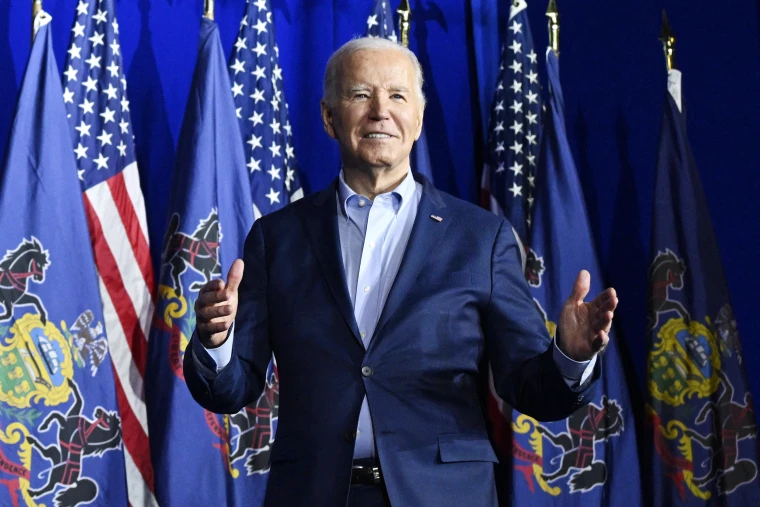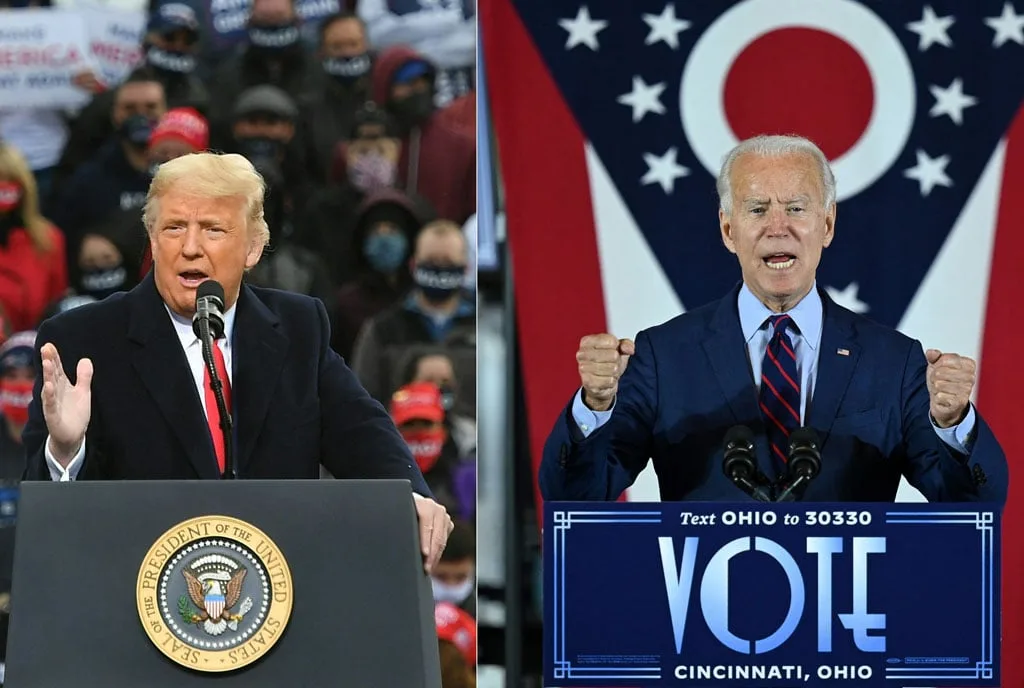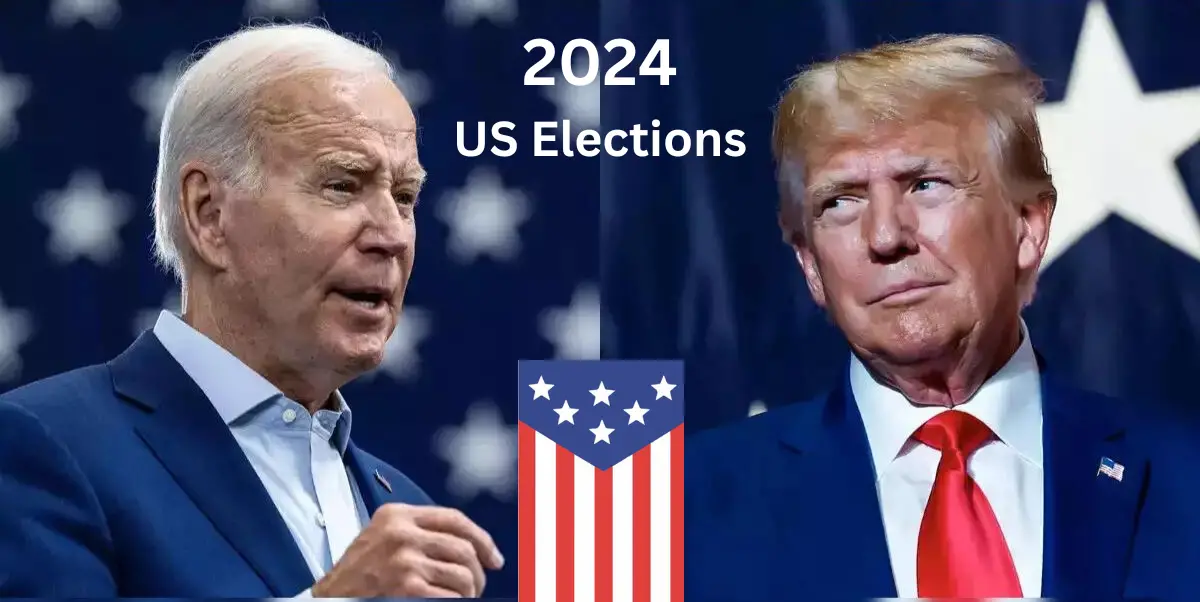An Overview of Biden’s Swing Through the Keystone State
President Joe Biden recently completed a significant three-day campaign in Pennsylvania, a crucial swing state. Amid his efforts to connect with voters, some of Biden’s statements have stirred controversy and confusion, especially given discrepancies between his anecdotes and historical or factual records.
Factual Discrepancies on the Campaign Trail
During his visit, President Biden made several claims that require clarification and context. Notably, Biden misstated facts about his income history, prescription drug caps for seniors, and demographic challenges in China. Each of these topics is important to voters and merits accurate representation.
Biden’s Earnings and Tax Statements
In Scranton, Biden expressed a sentiment of fiscal modesty, claiming he never made $400,000 annually. However, this is contradicted by public tax filings. As president, his salary alone hits the $400,000 mark, with additional income in recent years significantly exceeding that amount, including millions from book deals and speaking engagements post-vice presidency. Despite his long tenure as a senator with earnings below this threshold, his recent financial history paints a different picture.
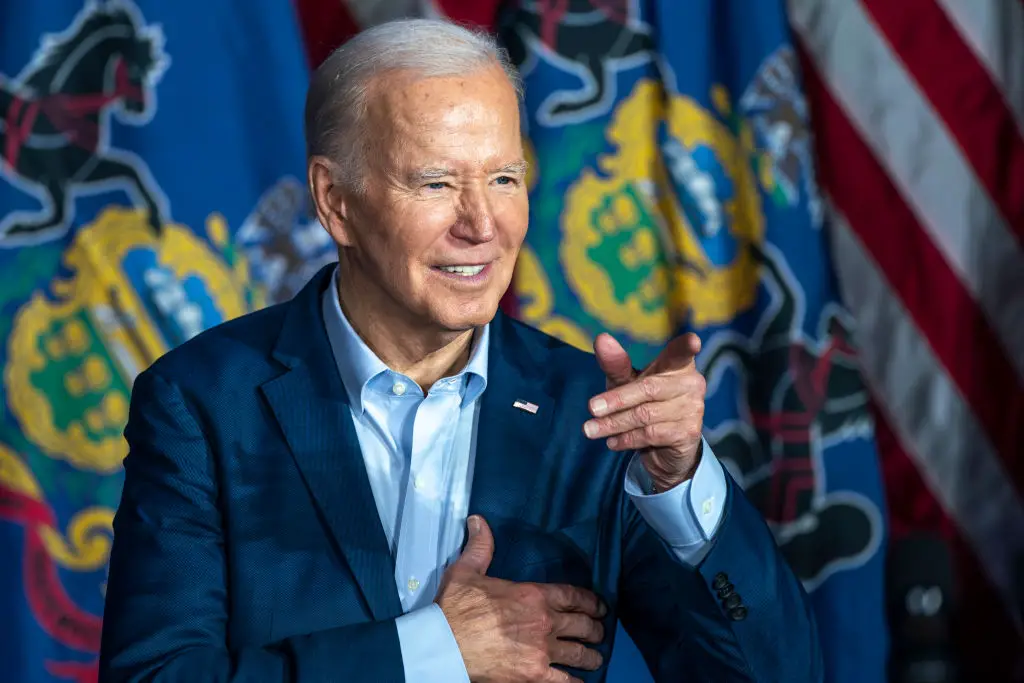
Miscommunication on Medicare Part D
Biden spoke about a cap on out-of-pocket spending for seniors under Medicare Part D, inaccurately stating it would begin in 2024 and would be fixed at $2,000 indefinitely. In reality, this cap starts in 2025 and is subject to inflation, which could increase the cap beyond $2,000 in future years. This policy is crucial for seniors managing healthcare costs, making precise details essential for informed voter understanding.
Biden’s Take on China’s Demographics
While discussing U.S. competition with China, Biden claimed that China has more retirees than working-age individuals—a statement that experts dispute. Accurate demographic data is vital for understanding global economic dynamics, particularly when discussing competitive policies.
Corporate Tax Reform and Billionaire Taxation
Biden highlighted changes in corporate taxation, asserting that large corporations no longer evade taxes entirely due to legislation he enacted. Yet, this overlooks that the new 15% minimum tax applies only to corporations earning over $1 billion annually, meaning some companies can still legally avoid federal income tax. Similarly, Biden’s reference to billionaires paying an average tax rate of 8.3% lacked context, as this figure includes unrealized gains and differs from the actual tax code’s functioning.
Personal Stories and Historical Accuracy
Perhaps the most startling of Biden’s remarks involved a personal story about his uncle, Ambrose Finnegan, which included claims of cannibalism in New Guinea during World War II. This narrative starkly contrasts with official military records of Finnegan’s death, which describe a tragic plane crash with no evidence supporting Biden’s version of events. Such personal stories, while powerful, must align with historical documentation to maintain credibility.
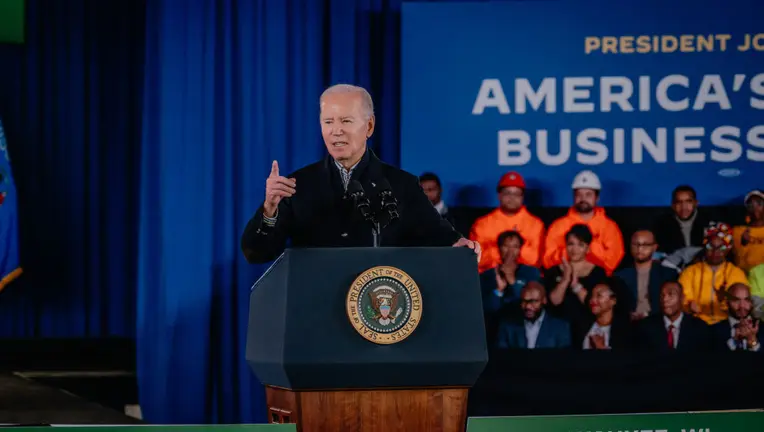
Conclusion: The Importance of Accuracy on the Campaign Trail
As Biden continues his campaign, the accuracy of his statements plays a crucial role in public trust and electoral integrity. While missteps in recounting personal earnings or historical events can detract from his overall message, they also underscore the ongoing challenge for public figures to maintain factual precision in an age of instant information and scrutiny.

